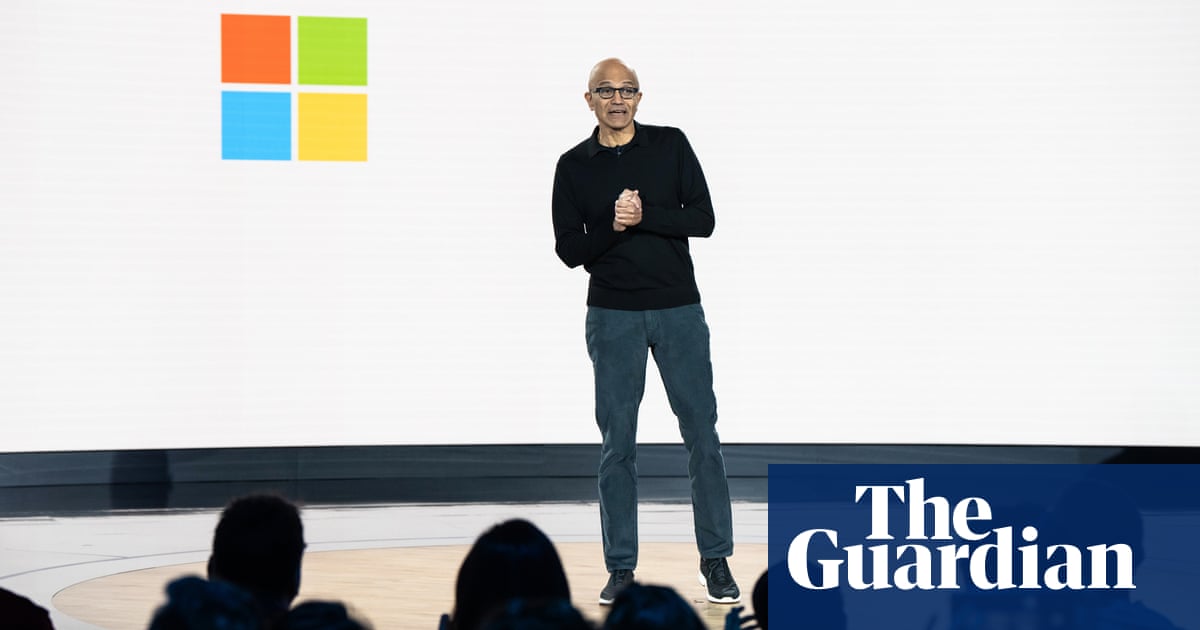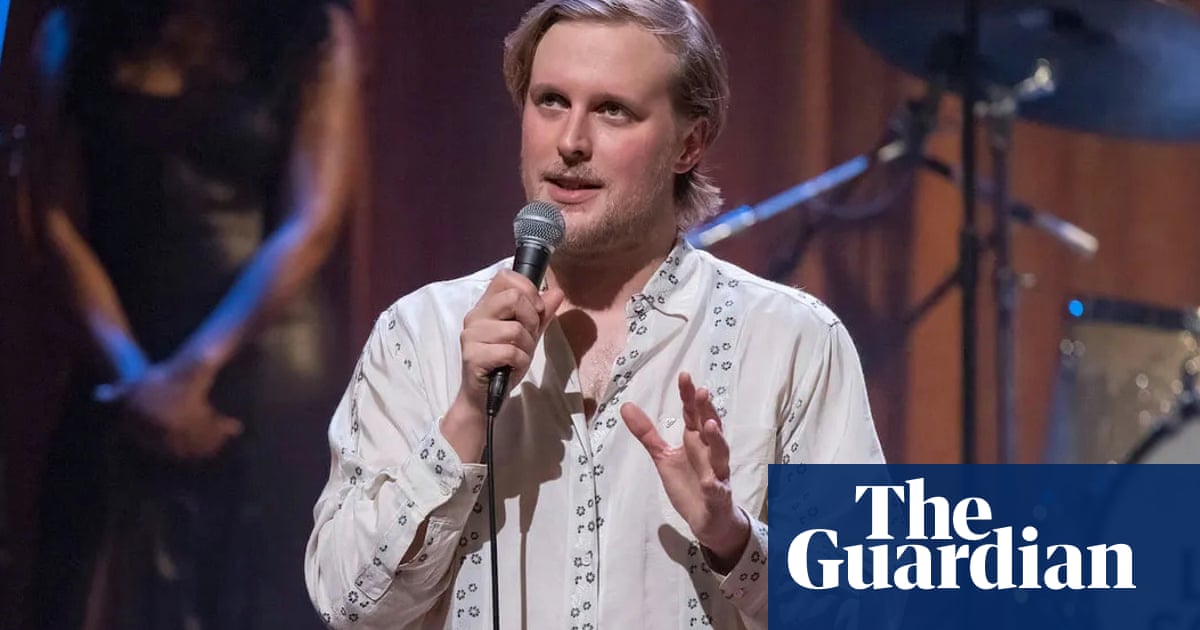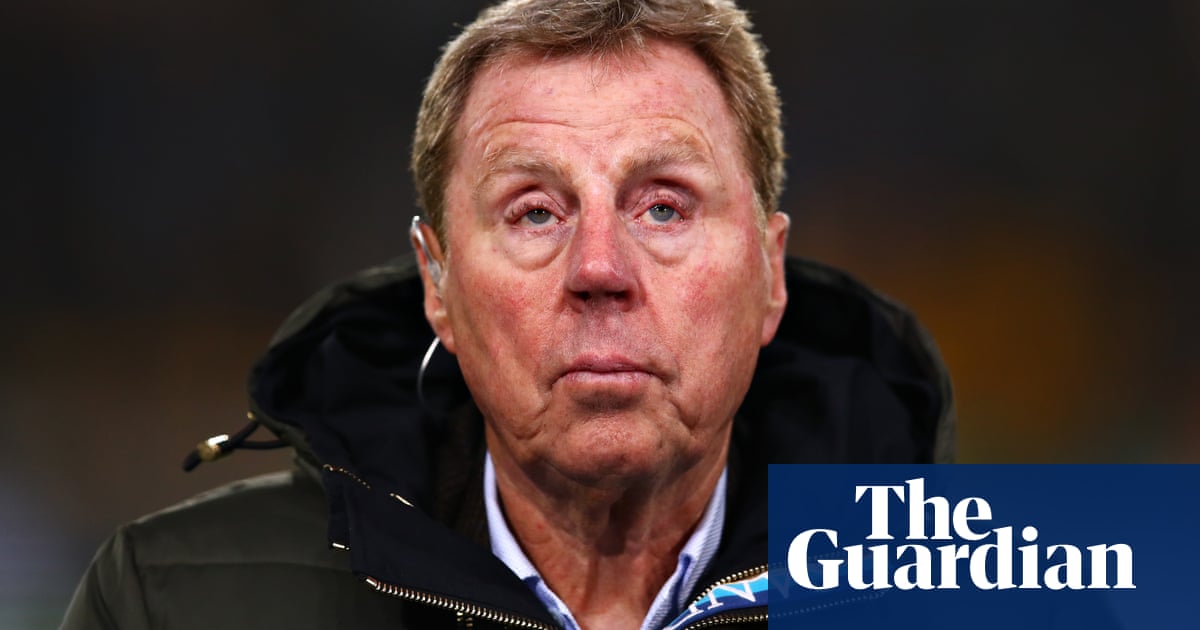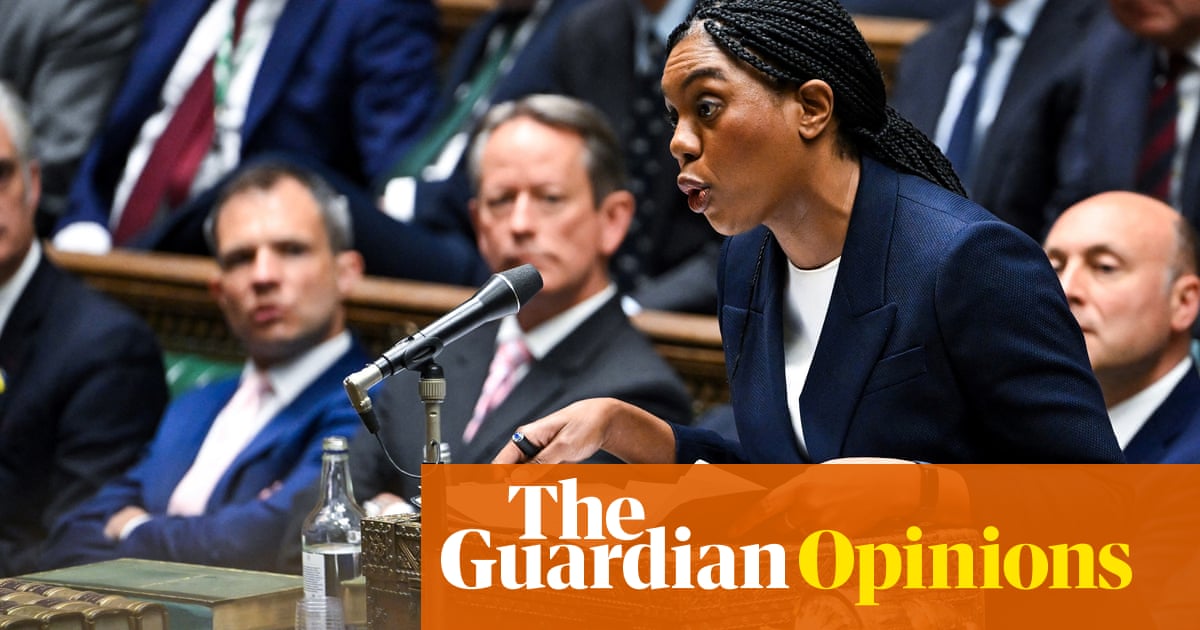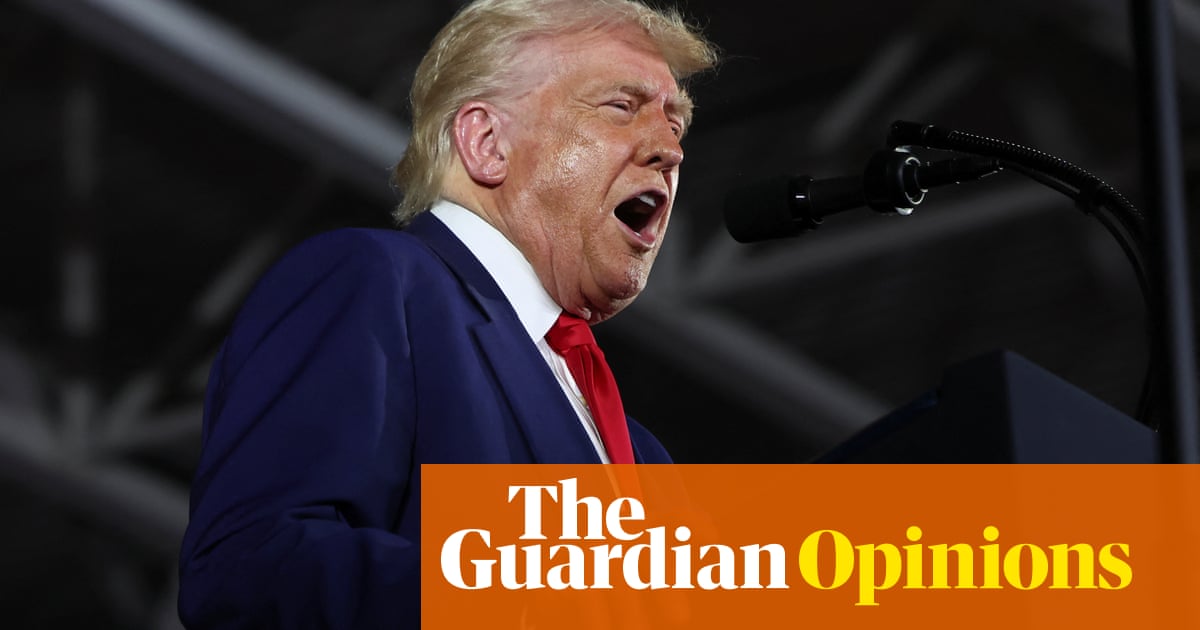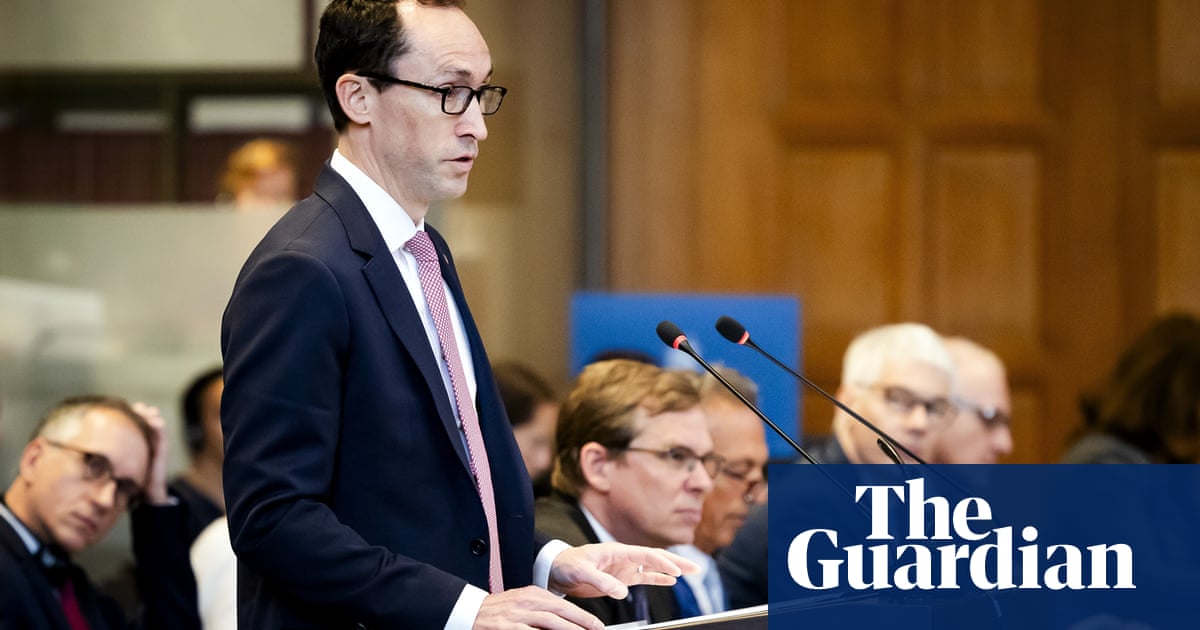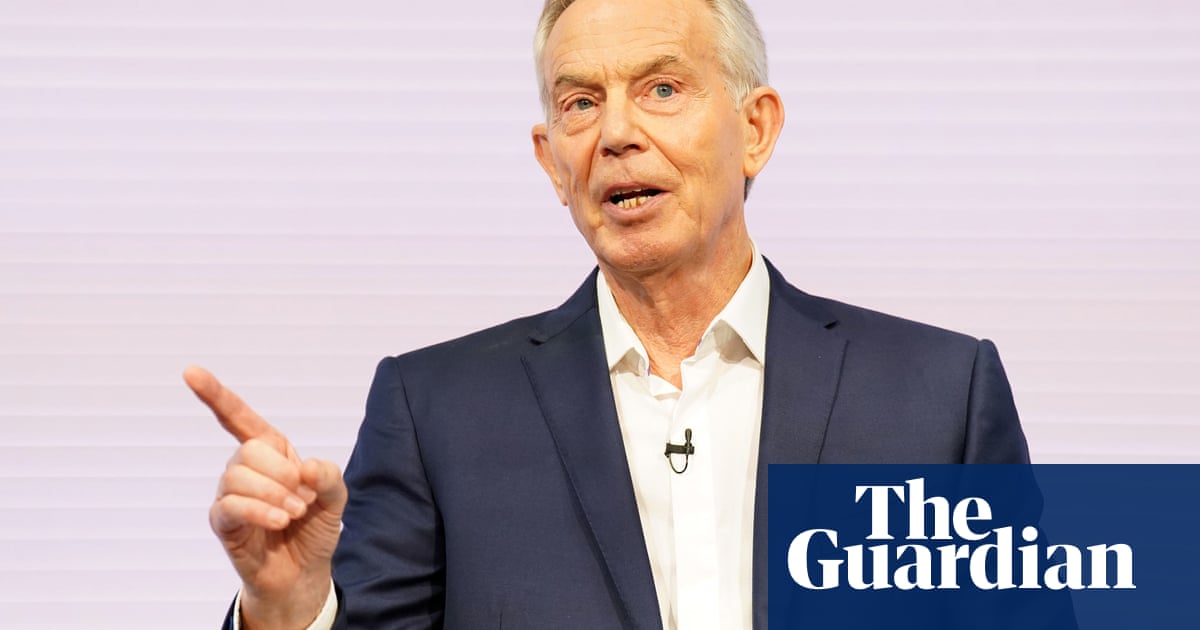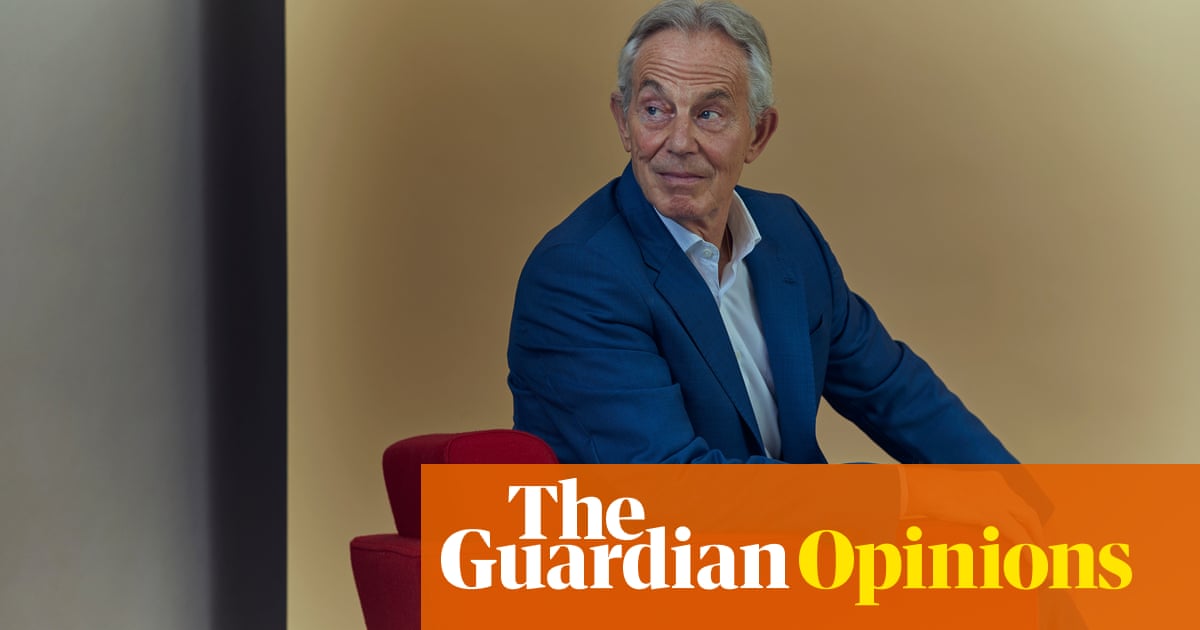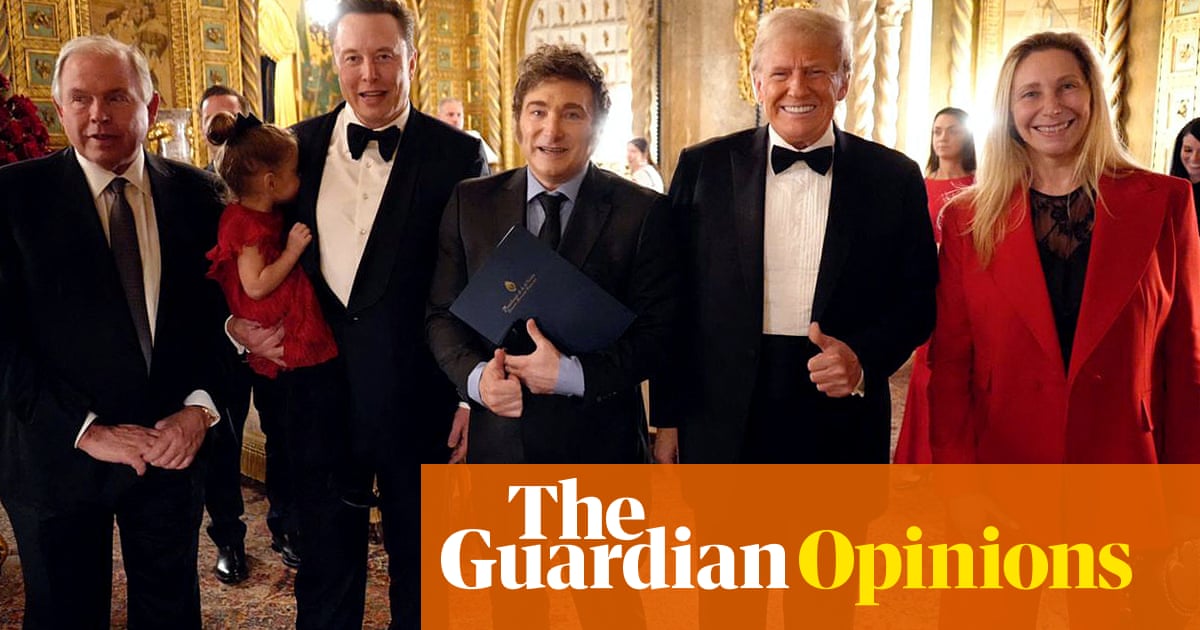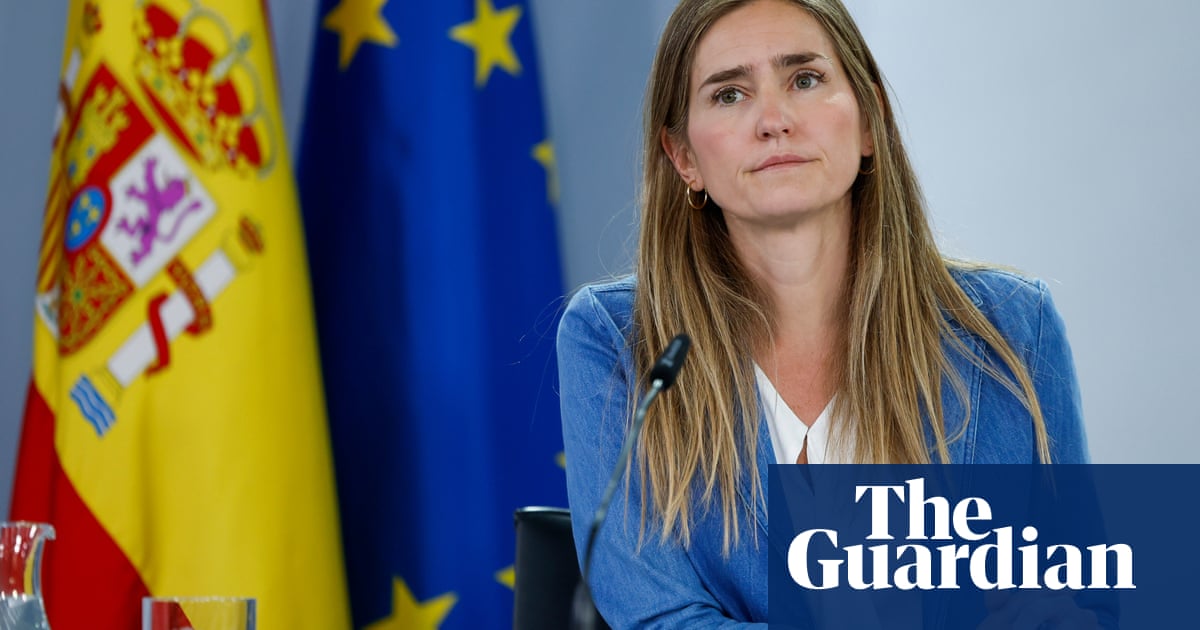Re your editorial (The Guardian view on Britain’s broken economy: ‘That’s your bloody GDP, not ours’, 13 February), we are frequently reminded of the inadequacy of GDP growth as an objective, given that it includes the money spent on dealing with pollution, sickness, crime etc. But nobody gets out of bed thinking, “I have to grow GDP today”. We’re thinking about how to earn a living and pay the rent. Nobody, that is, except the chancellor, for whom “growth is the No 1 mission” that “underpins everything else” – schools, hospitals, net zero.
Yet decades of growth since the 1960s have left us with thousands of food banks and facing an environmental abyss. The idea that only more growth will allow us to protect the planet is like saying we can only finance the fire brigade by selling petrol to arsonists.
Yes, our current economy to some degree counteracts the loss of jobs to automation by producing an ever-growing volume of stuff and persuading the better-off to want it. But even at this unsustainable level of consumption growth, the economy fails to provide much of humanity with life’s basics. Furthermore, since money can be made more easily out of addiction and dependence than out of restraint and self-sufficiency, much of the consumption growth consists of products with limited benefits or that are actively harmful to health, wellbeing and community life.
The challenge is to end catastrophic consumption growth while simultaneously enabling all of us, globally, to have the opportunity of a good life. That requires changing the economic rules, tackling inequality, taxing wealth not employment, and strong environmental regulation.
Donald Power
London
Rachel Reeves needs to tweak all three self-imposed targets: the balanced current budget, the investment rule and dashing for GDP growth at seemingly any cost.
We should call a balanced current budget by its proper name – austerity. Yes, New Labour achieved this in the ultra-low interest rates of the early 2000s, but since then we have had the global financial crisis and Covid. This leaves the current budget exposed to inflation risk. Without a return to central bank purchases of government debt, and with the inflationary headwinds of climate change and Donald Trump’s trade wars, this self-imposed rule means that higher inflation leads to fewer teachers, nurses and doctors. So remove debt-servicing costs from the rule.
The investment rule – including public assets as well as liabilities when looking to reduce debt relative to GDP – makes more sense, except that targeting a reduction in public sector net financial liabilities (PSNFL) creates narrow incentives to meddle with local government pensions and the student loan book. There are broader alternative measures. As your editorial rightly pointed out, GDP growth hides all sorts of problems – not just stagnant wages, regional inequalities and falling GDP per head, but also no distinction between good growth and bad growth.
To encourage good growth, I would suggest one further tweak: integrated financial and sustainability reporting. The logic is simple – by looking at social and environmental benefits alongside financial benefits, the government (and companies) can make better decisions. By announcing investment plans in January but not reporting the carbon budget until later in the year, we risk a period of uncertainty and flip-flopping. Integrated reporting means better decision-making, allowing the government to focus on growth that brings embedded benefits around health, equality, education, clean energy, decent work and resilient infrastructure.
Dr Neil Lancastle
Sustainability lead, school of accounting and finance, De Montfort University
It is worth remembering that the only beneficiaries of economic growth are the 1% who control the levers of such growth. How long before Rachel Reeves starts banging on about trickle-down economics, which, again, only benefits the 1% at the top of the pile. Improving the wealth of all citizens is only possible through the redistribution of such closely hoarded wealth. However, as the wealthy control the means of redistribution through the media, finance and political support, I don’t expect to see any change in my lifetime. As usual, the rich get richer and the other 99% of the population and the environment can simply drown. But so long as there is demonstrable “growth”, that’s OK.
Andrew Risby
Lochgilphead, Argyll

.png) 2 months ago
39
2 months ago
39
